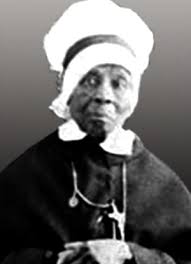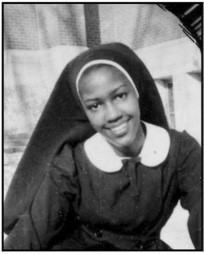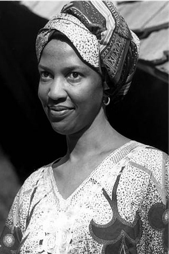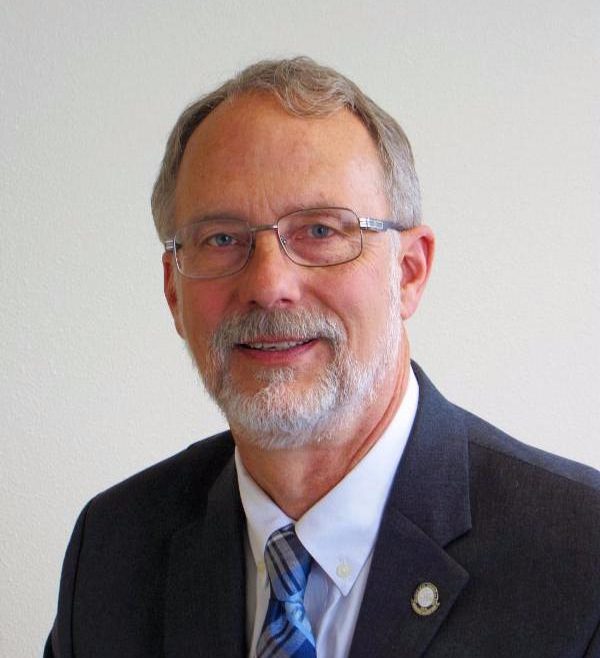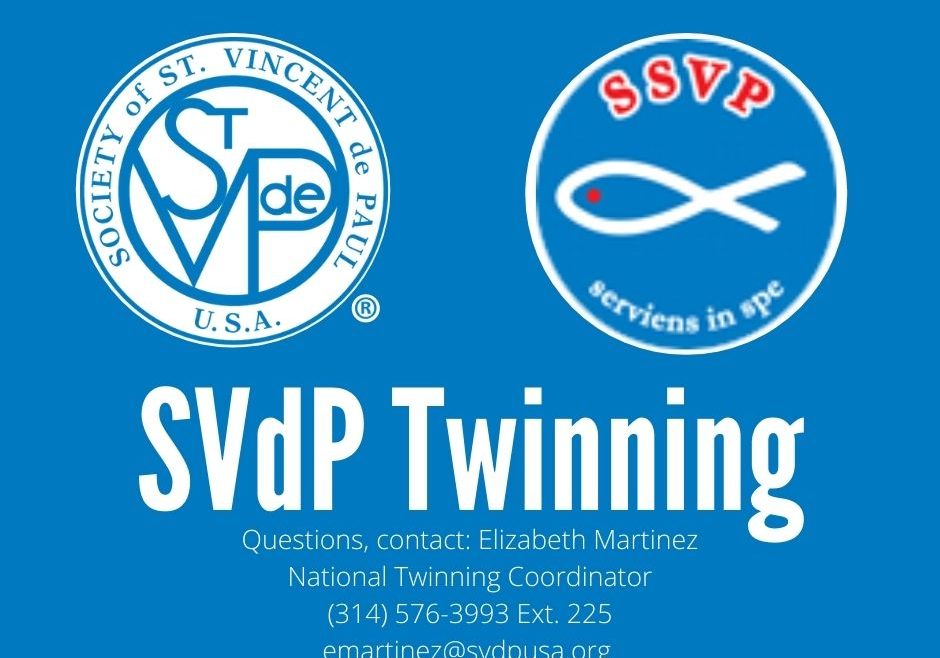Through the Society of St. Vincent de Paul, Vincentians across the United States and around the world are finding spiritual growth by providing person-to-person service to those who are needy and suffering. Read some of their stories here:
International
- AUSTRALIA: The rental moratorium is a ticking time bomb
- AUSTRALIA: St. Vincent de Paul grants on offer for farmers, farm workers
- IRELAND: St. Vincent de Paul launches click-and-collect for its NI shops
National
- ATLANTA, GA: Dozens of Stone Mountain families receive help paying for rent, utilities
- EUGENE, OR: Helping The Homeless
- GREEN BAY, WI: St. Vincent de Paul Green Bay’s Back2Work program returns
- LANE COUNTY, OR: As more vaccines come in, the question of how to vaccinate the homeless population arises
- MARQUETTE, MI: St. Vincent De Paul in Marquette starts to see returning customers
- PASCO, WA: St. Vincent de Paul Food Bank helping feed people in the Tri-Cities
- PHOENIX, AZ: Phoenix charitable trust gives $10 million to bolster St. Vincent de Paul medical clinic
Help us share the good news of the good work being done in your local Conference or Council! Email us at info@svdpusa.org with the subject line Good News.



